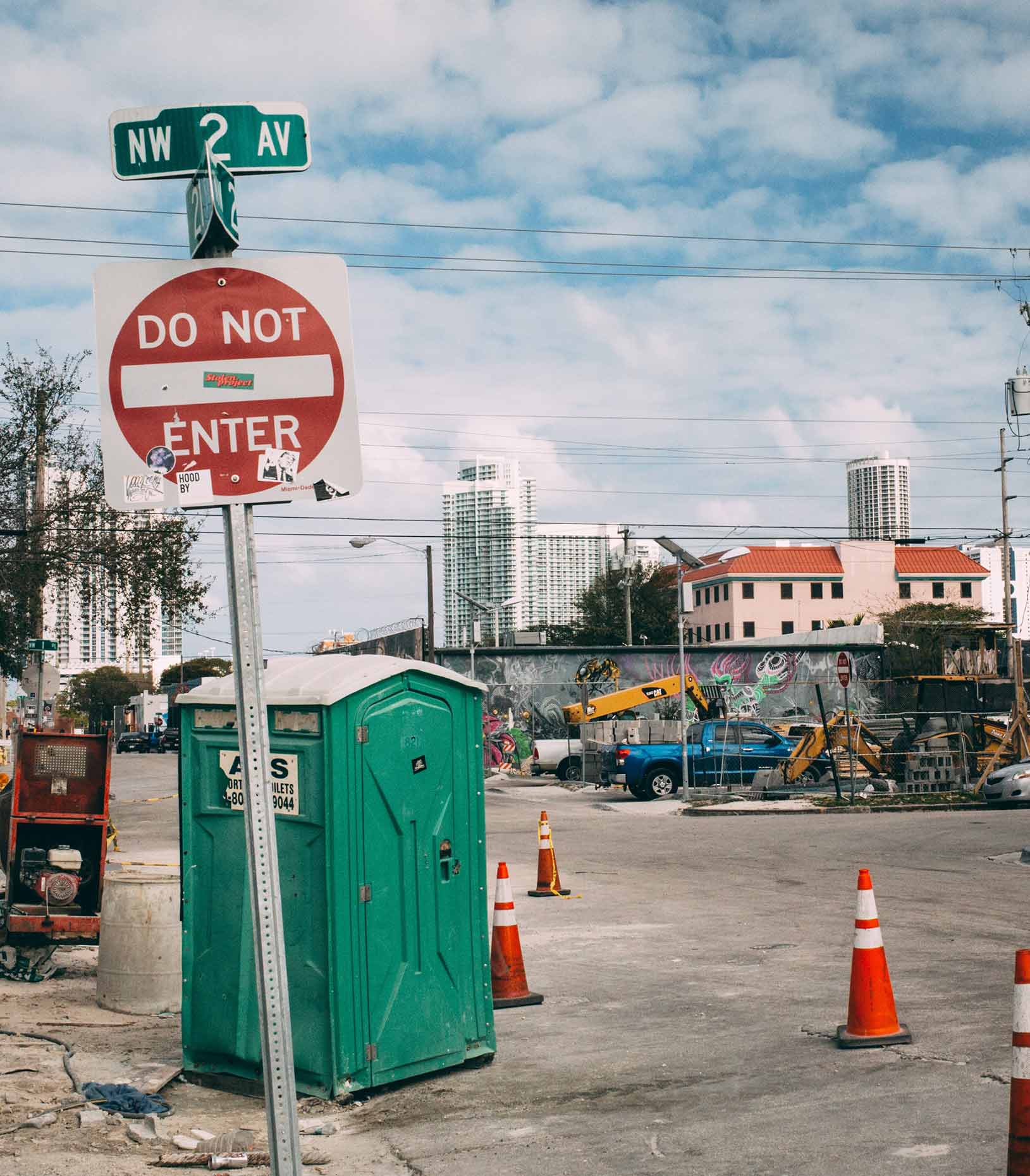Loxahatchee Premises Liability Lawyers

If you've ever lived in a neighborhood with a homeowners' association (HOA), you probably know that simply owning property does not mean you can maintain it however you like. And if you've ever opened a small business, you're probably familiar with zoning laws.
From HOAs to local municipalities, different governing bodies have different kinds of authority over various types of properties; however, all property owners must abide by state laws regarding premises liability. Regardless of whether a person owns residential property, a commercial building, or even a vacant lot, the premises must be maintained to a reasonable standard. Those who breach this duty of care and fail to address any hazards that arise in a timely fashion may be held financially liable if someone sustains an injury as a result.
If you were hurt on someone else's property and want to hold the negligent owner accountable for your injuries, contact Donaldson & Weston. Our Loxahatchee accident attorneys will help you gather evidence to prove liability and damages against all responsible parties. Call 561-299-3999 to schedule a free case evaluation with one of our premises liability lawyers.
From HOAs to local municipalities, different governing bodies have different kinds of authority over various types of properties; however, all property owners must abide by state laws regarding premises liability. Regardless of whether a person owns residential property, a commercial building, or even a vacant lot, the premises must be maintained to a reasonable standard. Those who breach this duty of care and fail to address any hazards that arise in a timely fashion may be held financially liable if someone sustains an injury as a result.
If you were hurt on someone else's property and want to hold the negligent owner accountable for your injuries, contact Donaldson & Weston. Our Loxahatchee accident attorneys will help you gather evidence to prove liability and damages against all responsible parties. Call 561-299-3999 to schedule a free case evaluation with one of our premises liability lawyers.
Will I Have to Go to Trial?
When recovering from serious injuries, you can expect to incur additional costs with every passing day. As a result, facing a lengthy trial simply to secure the compensation that is rightfully yours may seem unfair. Fortunately, most premises liability claims are resolved before going to court.
In some circumstances, though, personal injury claimants are forced to take a case to trial. Although going to court is inherently stressful and can increase the total duration of the proceedings, it may be the only way to recover compensation.
Whether your claim should go to trial depends on a variety of factors. These include:
The idea of going to court when recovering from serious injuries may be overwhelming, but the proceedings can be made manageable with a seasoned legal ally by your side. And if you win, you should be able to recover all expenses associated with going to trial.
In some circumstances, though, personal injury claimants are forced to take a case to trial. Although going to court is inherently stressful and can increase the total duration of the proceedings, it may be the only way to recover compensation.
Whether your claim should go to trial depends on a variety of factors. These include:
- The Extent of the Damages: If you incurred a few thousand dollars in damages and the highest offer from the opposing party is only a few hundred dollars shy of your request, it may not be worth going to court. When there is a significant discrepancy between your lowest request and the highest offer, though, a trial may be necessary.
- The Insurance Adjuster's Willingness to Cooperate: Sometimes, insurance adjusters simply refuse to acknowledge their policyholder's liability. In these cases, a judge can decide whether the evidence is enough to prove fault.
- Whether You Want to Pursue Punitive Damages: Insurance companies are unlikely to pay punitive damages without going to trial.
The idea of going to court when recovering from serious injuries may be overwhelming, but the proceedings can be made manageable with a seasoned legal ally by your side. And if you win, you should be able to recover all expenses associated with going to trial.
